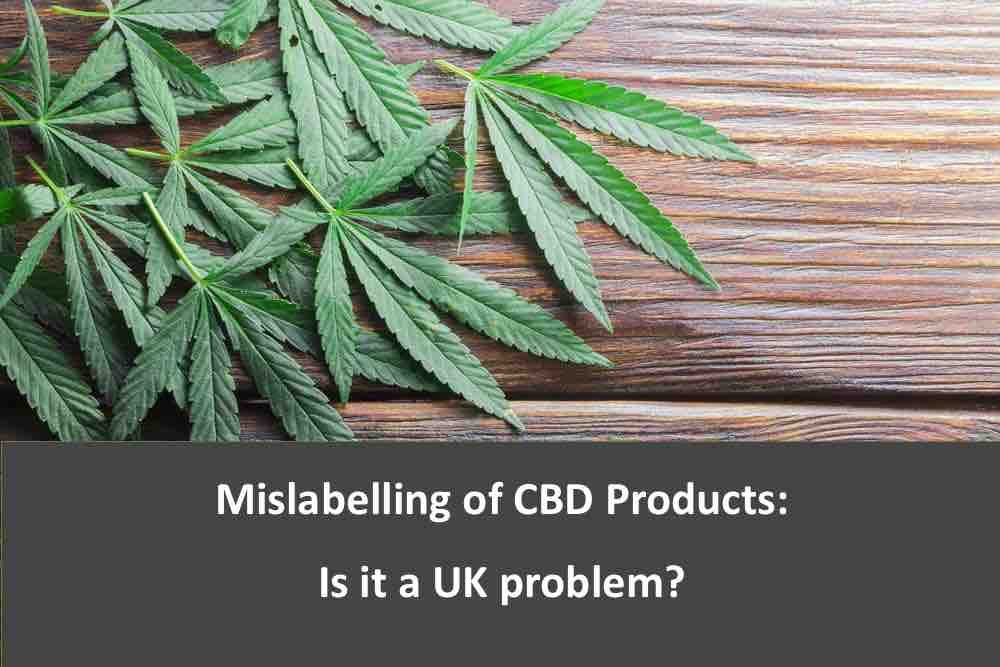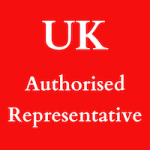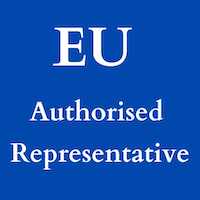[vc_row][vc_column][vc_column_text]A study in the United States has found that almost 70% of CBD products bought online had inaccurate labelling. Research by the University of Pennsylvania showed that CBD products sold from online US stores did not have the CBD content they claimed they had.
In some cases, the CBD content was much lower than claimed. But is this mislabelling issue just a US problem or does it extend to the UK market?
CBD – or cannabidiol – is an extract from the Cannabis Sativa plant and is legal in the UK. CBD is a hot topic right now and UK consumer demand for this remarkable compound is growing largely due to its potential health benefits and overall good safety profile.
Cannabidiol products come in many forms – food (e.g. cakes, gummy bears), food supplements (CBD oils), cosmetics (body butter) and vape products (CBD e-liquids). Some of the biggest CBD brands in the UK include Hemplucid and Harmony.[/vc_column_text][vc_empty_space][/vc_column][/vc_row][vc_row][vc_column][vc_column_text]
The US Study Findings
In 2017 research scientists at the University of Pennsylvania looked at the CBD content in 84 products from 31 companies. The types of CBD products under scrutiny included oils, tinctures and vape products.
Using high-performance liquid chromatography, the researchers tested the samples for a number of cannabinoids including: cannabidiol, cannerbigerol, cannabinol and tetrahydrocannabinol.
They found that:
- 42% were underlabelled, meaning that the actual CBD content was significantly greater than the labelled content.
- 26% were overlabelled, meaning that the actual CBD content was significantly less than the labelled content
- Only 30% were labelled correctly.
The study also revealed that the degree to which products were mislabelled varied depending on product type. They discovered that:
- Vape products were the most mislabelled product type
- CBD oils were the most accurately labelled
[/vc_column_text][vc_empty_space][/vc_column][/vc_row][vc_row][vc_column][vc_column_text]
Action by the FDA for inaccurate labelling
The study by the University of Pennsylvania is similar to the one conducted by the US health authority, the FDA. The FDA conducted their own assessment into CBD mislabelling and, as result of the investigation, issued warning letters to the companies that marketed mislabelled products.
FDA’s investigation showed that products did not contain the CBD content that was described on the label. In some extreme cases, products that were labelled as containing 200mg CBD, in fact, contained no CBD.
Results of the investigation by the FDA and the University researchers suggest CBD mislabelling may not just a US problem but extends to other countries including the UK.[/vc_column_text][vc_empty_space][/vc_column][/vc_row][vc_row][vc_column][vc_column_text]
CBD mislabelling in the UK
In order to determine if CBD mislabelling is an issue in the UK we require studies similar to those conducted in the US. We require an investigative study that looks into CBD content of products sold on the UK market.
But after a cursory search of science journal databases we have found no such studies; no studies that verify CBD content of UK marketed products.
Without relevant investigative studies, we cannot determine if CBD mislabelling is a UK issue. So where do we go from here? There is one important factor to look at.[/vc_column_text][vc_empty_space][/vc_column][/vc_row][vc_row][vc_column][vc_column_text]
Lack of regulation and standards
There are currently no CBD regulations or manufacturing standards in the UK. There are no strict laws that place a burden on UK manufacturers to have accurate CBD label content or to verify the CBD content of a CBD oil.
In fact, if we look at other international markets, with the exception of the US who have some basic regulation, a regulatory framework for CBD-containing products is largely absent.
So given the lack of regulation and standards – in the UK and abroad – it would be reasonable to assume that CBD mislabelling is likely to be UK problem.[/vc_column_text][vc_empty_space][/vc_column][/vc_row][vc_row][vc_column][vc_column_text css=”.vc_custom_1546976725189{border-top-width: 1px !important;border-right-width: 1px !important;border-bottom-width: 1px !important;border-left-width: 1px !important;padding-top: 20px !important;padding-right: 20px !important;padding-bottom: 20px !important;padding-left: 20px !important;background-color: rgba(89,242,75,0.54) !important;*background-color: rgb(89,242,75) !important;border-left-style: solid !important;border-right-style: solid !important;border-top-style: solid !important;border-bottom-style: solid !important;}”]
In the absence of regulation…
We are still a few years away from a developed regulatory framework for CBD products. In the meantime, the UK industry can look to related laws such as food standards, food supplement regulations, general product safety regulations and even the Tobacco Products Directive.
Learn more about CBD regulation and laws here.
Heard of the Cannabis Products Directive? Read about it here.
How can we help?
With our pharmaceutical and e-cigarette regulatory experience we can offer an insight in the emerging CBD regulations in the UK. Contact us today to find out more.[/vc_column_text][vc_empty_space][/vc_column][/vc_row][vc_row][vc_column][vc_column_text]
Why verify CBD content?
Although there are no specific laws that require manufacturers to test CBD content in products they place on the market there are several reasons why they may wish to do so:
1. Safety
According to the World Health Organisation, “CBD is generally well tolerated with a good safety profile.” However, manufactures should be mindful that underlabelling – where the CBD content is significantly higher than the labelled content – is not without its health risks.
2. Consumer Satisfaction
Regular batch testing of manufactured products to confirm accuracy of CBD label claim is important to ensure the customer is getting what they paid for.
Overlabelling of CBD – meaning that actual CBD content is higher than label claim – may leave the customer unsatisfied if the product has no effect.
3. Legal Test
CBD is legal in UK. But it is unavoidable in its manufacture that a similar compound called THC is present in the final product. THC – or tetrahydrocannabinol – is a controlled (illegal) substance and can only be present in the product below the legal limit of 1mg.
For this reason, it is important to test CBD product for THC to ensure that the level is below the legal limit.
Are you looking to test your CBD products?
We offer a CBD testing service to help you verify the CBD and THC content in your CBD range. Click here to learn more about our CBD lab testing service.[/vc_column_text][vc_empty_space][/vc_column][/vc_row][vc_row][vc_column][vc_column_text css=”.vc_custom_1536141643309{border-top-width: 1px !important;border-right-width: 1px !important;border-bottom-width: 1px !important;border-left-width: 1px !important;padding-top: 20px !important;padding-right: 20px !important;padding-bottom: 20px !important;padding-left: 20px !important;background-color: rgba(38,239,226,0.51) !important;*background-color: rgb(38,239,226) !important;border-left-style: solid !important;border-right-style: solid !important;border-top-style: solid !important;border-bottom-style: solid !important;}”]
Trading Standards to test CBD products
As the UK CBD industry grows, it becomes more likely that CBD testing comes into focus of the authorities – where Trading Standards test marketed products to verify CBD content. In fact, we may already be at that point.
The UK authorities such as the MHRA may be conducting their own investigation into CBD products – verifying CBD content and – more importantly – THC, the legal compound, found in trace amounts in CBD products.
Sampling of the market to check for safety and compliance issues is typical of Trading Standards/MHRA. We saw this happen with the e-cigarette market. Read more about it here.[/vc_column_text][vc_empty_space][/vc_column][/vc_row][vc_row][vc_column][vc_column_text]
Conclusions
Without sample testing of the UK market we cannot not know for sure to what extent CBD mislabelling is a problem. But given the lack of a regulatory framework in the UK and abroad it is likely that it is indeed an issue which is yet to be uncovered.
One thing is clear: the introduction of regulation and manufacturing standards would help to ensure only high quality – correctly labelled CBD products – reach the market.[/vc_column_text][vc_empty_space][/vc_column][/vc_row]



Comments are closed here.